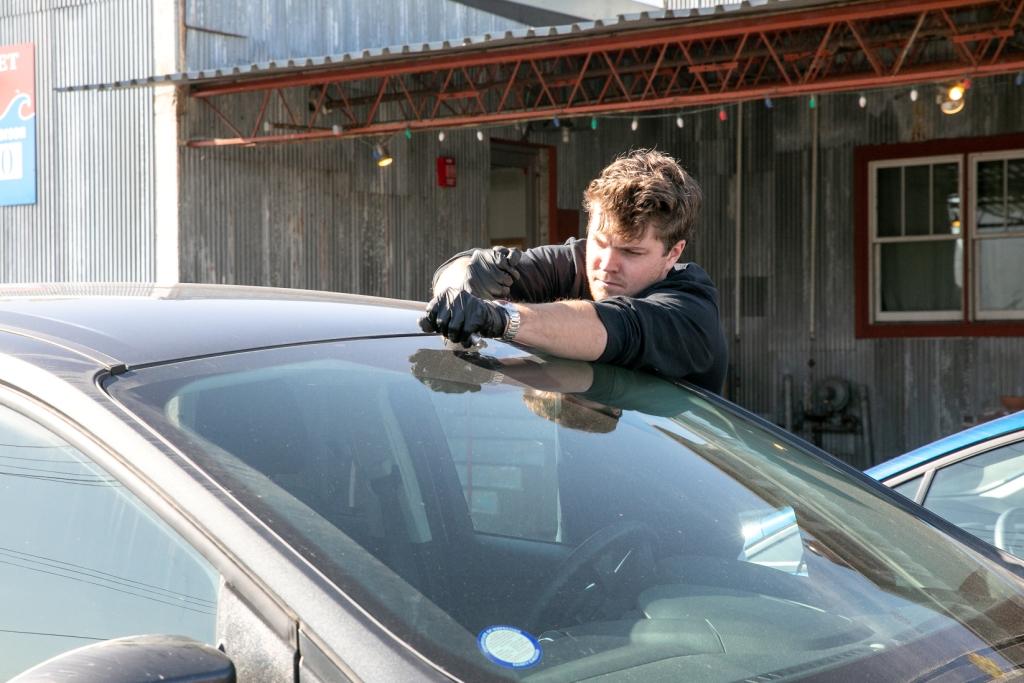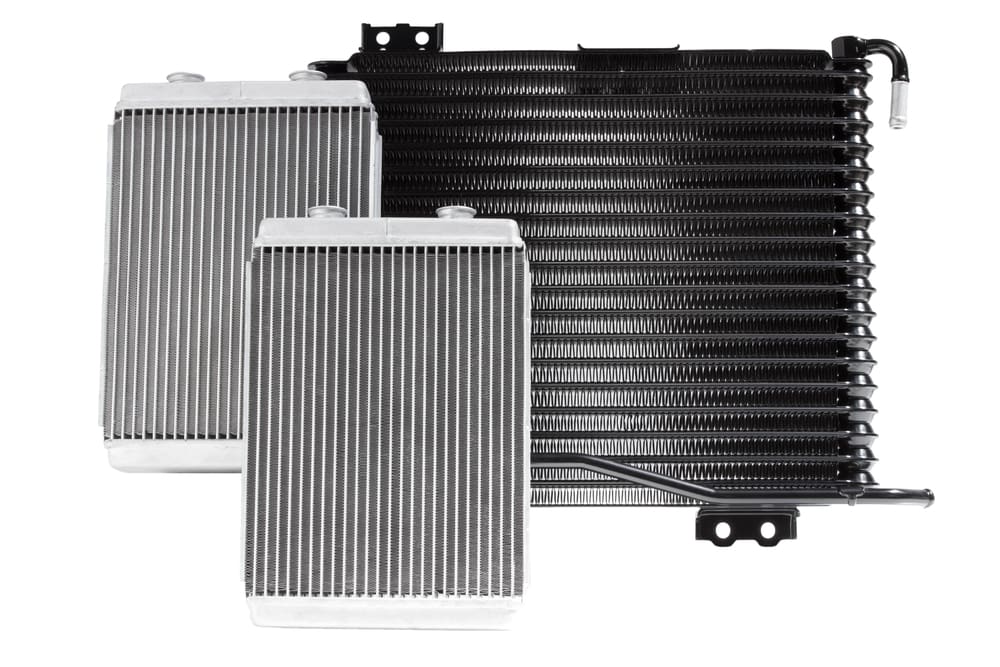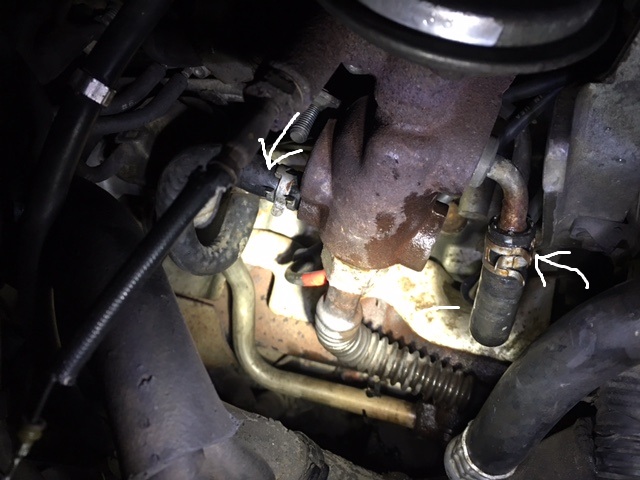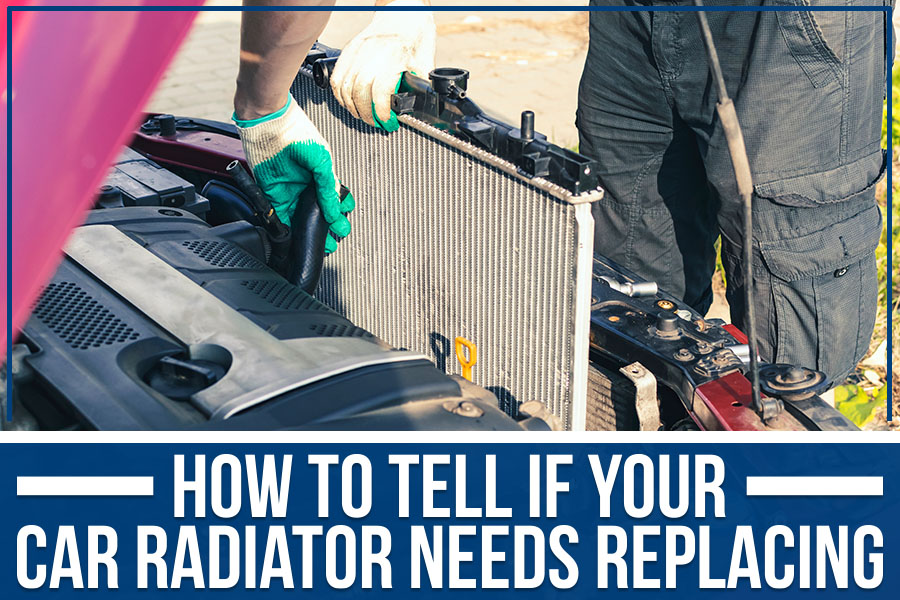What Causes a Gas Leak in a Car
A gas leak in a car often results from fuel line damage or a faulty fuel injector. Deterioration of the gas tank can also cause leaks.
Car owners know the importance of a well-maintained vehicle, especially when it comes to preventing gas leaks. These leaks not only pose a fire hazard but can also lead to decreased fuel efficiency and environmental harm. Typically, the wear and tear on fuel lines, connectors, and the fuel tank itself are the primary culprits behind these dangerous leaks.
Regular inspections can help spot vulnerabilities early on, such as cracked hoses or loose connections that might allow gas to escape. Ensuring that the fuel system is intact and secure is integral to both the safety and performance of your car, and addressing any signs of a leak promptly can prevent further damage and potential hazards.
Introduction To Gas Leaks In Vehicles
A gas leak in a car is a serious issue. It’s not just wasteful; it’s potentially dangerous. Understanding the causes is crucial to maintain safety and vehicle health. Aging lines, faulty connections, and accidents can all lead to a dreaded fuel leak.
Noticing a gas leak early can be life-saving.
- Persistent fuel odor is a clear sign. When you smell gas around or inside your car, don’t ignore it.
- Visible puddles or stains under the car can indicate a leak.
- Increases in fuel consumption signal possible leaks.
- Check the fuel gauge for sudden drops.
- A hissing or sputtering sound when the engine is on might mean trouble.
Fuel leaks pose significant risks. They must be addressed immediately to ensure safety.
| Risk | Description |
|---|---|
| Fire Hazard | Fuel is highly flammable, a leak can lead to a fire or explosion. |
| Health Issues | Inhaling fuel vapors is harmful and can make you sick. |
| Environmental Damage | Leaked gas harms wildlife and pollutes water sources. |
| Vehicle Damage | Leaked fuel can degrade car parts, leading to costly repairs. |
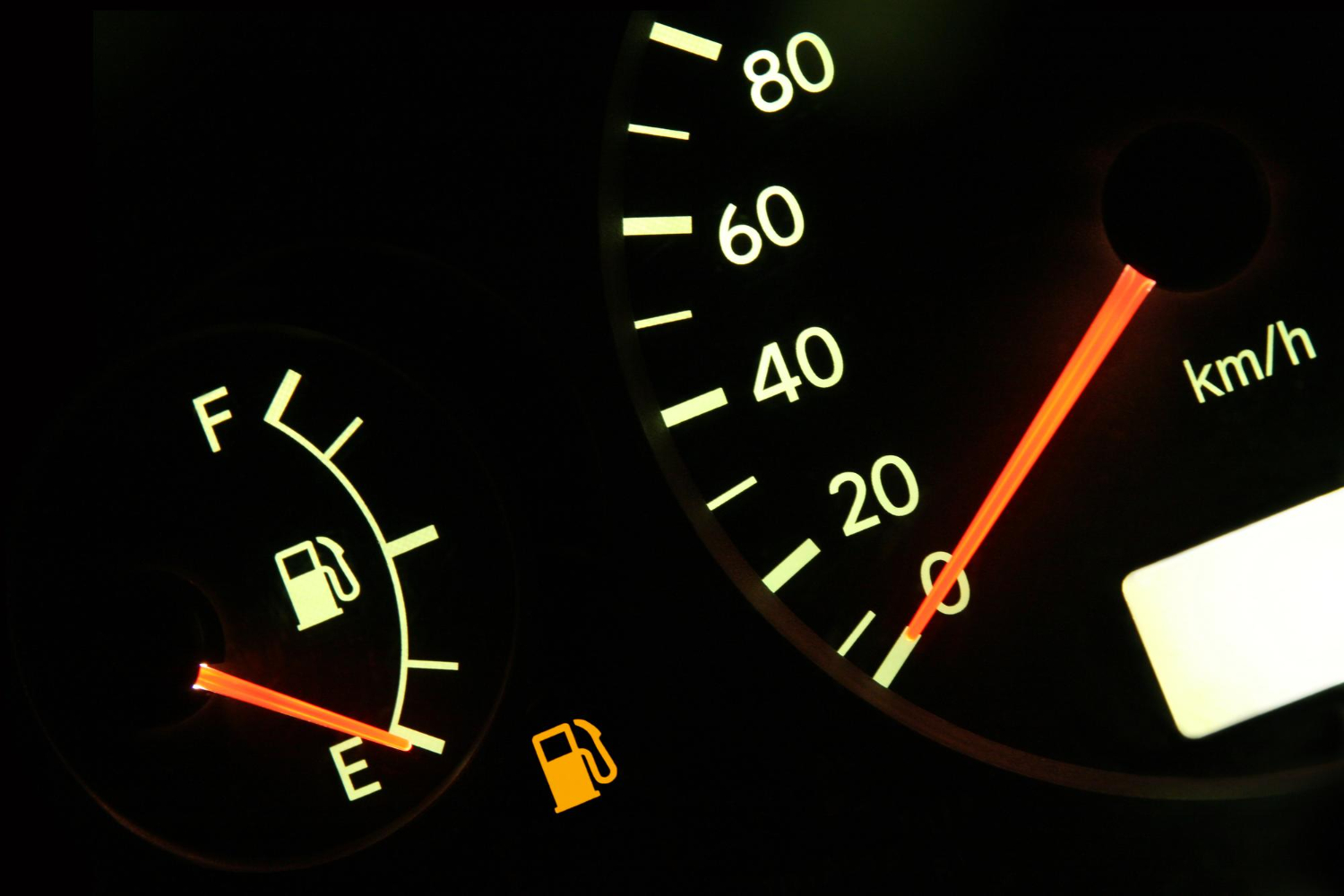
Credit: www.timbertowing.com
Common Culprits Behind Gas Leaks
Picture this: the smell of fuel lingers around your car. This signals a problem – a gas leak. Understanding what causes these leaks is vital for any car owner. Let’s zero in on the usual suspects that compromise fuel systems.
Fuel Line Deterioration
Years of service can wear out your car’s fuel lines. Factors like heat, debris, and vibrations contribute to this aging process. Spotting signs of wear early can prevent leaks. Here’s where attention pays off:
- Brittle Hard Lines: These can crack and start leaking.
- Rubber Hose Degradation: Watch for soft or swollen sections.
- Connection Fading: Clamps and fittings can fail with time.
Regular inspections keep fuel lines in check. Mechanics swap out weak sections to ensure a tight seal.
Tank Corrosion And Damage
A car’s gas tank can also be a leak hotspot. Steel tanks are prone to rust, while plastic tanks can crack or break. Here’s what to watch for:
| Type of Tank | Signs of Trouble |
|---|---|
| Steel Tanks | Rust patches or holes where fuel can seep out |
| Plastic Tanks | Structural damage from impacts or stress |
Protect your tank by keeping it clean and avoiding rough terrain, which can cause damage. Quick repairs are key if you notice any tank damage.
The Impact Of Wear And Tear
Over time, vehicles experience wear and tear, which can lead to gas leaks. Regular use and age cause parts to degrade. Let’s explore how wear and tear affect your car’s gas system.
Gasket Failures
Gaskets are critical for sealing junctions in your car. They prevent gas from leaking. When gaskets deteriorate, leaks develop. Here are common gasket failures:
- Material breakdown due to heat or chemical exposure.
- Overcompression, which flattens gaskets, leading to gaps.
- Improper installation that can cause uneven pressure and leaks.
The Age Of The Car
The older your car gets, the more prone it is to leaks. Wear plays a big role:
| Car Age | Impact |
|---|---|
| 5-10 years | Seals and hoses begin to wear. |
| 10-15 years | Risk of gasket failure increases. |
| 15+ years | Components likely need replacement. |
Stay on top of maintenance to keep your car safe.

Credit: www.youtube.com
External Factors Influencing Fuel Leaks
Fuel leaks in cars pose serious safety risks. Many times, causes lie outside our control. Let’s explore how external factors can lead to gas leaks.
Accidents And Impacts
Collisions are major causes of fuel leaks.
Even a minor impact can damage a fuel line. Let’s understand the risks:
- Direct damage to tanks and lines leads to leaks.
- After a hit, components may shift and rub against sharp edges.
- A sudden jolt can loosen connections, causing leaks.
Environmental Damage
Weather and terrain play a role in damaging your fuel system. What to watch out for:
| Environmental Factor | How It Causes Leaks |
|---|---|
| Corrosion | Metal parts rust and weaken over time. |
| Extreme Temperatures | Heat can expand and wear out materials. |
| Debris & Obstacles | Running over debris can puncture the fuel tank. |
Protect your car by understanding these factors.
Diagnostic Steps For Fuel Leaks
Identifying the source of a fuel leak in a car is vital for safety and vehicle performance. The following steps can guide through a systematic approach to find a leak.
Visual Inspections
Start with a careful look at the vehicle. Check under the hood and around the fuel line. Look for any signs of wetness or a fuel smell. These signs indicate a potential leak. Next, observe the ground where the car is parked. Fuel puddles or stains serve as a leak indicator.
- Inspect the fuel tank area.
- Examine fuel hoses and connections.
- Search for cracks on the fuel pump.
- Look at the fuel injector area.
Professional Diagnostic Tools
A mechanic will use specialized tools for a precise diagnosis. These include:
| Tool | Use |
|---|---|
| Pressure Gauge | Measures fuel pressure to find leaks. |
| Leak Detector | Inaudible sound waves to pinpoint leaks. |
| Smoke Machine | Reveals hard to find leaks with smoke. |
| OBD Scanner | Checks for error codes related to fuel system. |
Each tool assists in confirming the presence and location of a leak. They ensure a swift and accurate discovery. Together, these steps lay the groundwork for resolving fuel leaks and maintaining vehicle integrity.
Preventive Measures And Maintenance
Ensuring the safety and performance of a car includes preventing gas leaks. Regular vehicle maintenance and awareness can help avoid the dangerous and potentially expensive issue of a gas leak. Implementing preventive measures and adhering to a consistent maintenance schedule can save both money and lives.
Regular Check-ups
Periodic inspections by qualified professionals are vital. These check-ups should include:
- Examining the fuel line for wear and damage
- Checking for loose connections around the fuel system
- Assessing the fuel tank for any signs of corrosion or punctures
Immediate Action On Warning Signs
Ignoring the signs of a potential gas leak could lead to critical situations. Key indicators include:
- A strong smell of gasoline, especially when the car is idle
- Visible fuel on the ground under the car
- An unexpected decrease in fuel efficiency
Action should be swift: bringing the vehicle to a mechanic for inspection and repair as soon as these signs are noted.
Maintaining a car in top condition requires effort and attention. Regular check-ups and reacting quickly to warning signs are essential practices. Not only do they extend the life of the car, but they also ensure the safety of everyone on the road.
Frequently Asked Questions Of What Causes A Gas Leak In A Car
What Are Common Signs Of A Gas Leak In Vehicles?
A car gas leak often manifests as a strong fuel smell. You might also notice a visible puddle or stains under the car. Another sign is a sudden decrease in fuel efficiency, prompting more frequent refuels. If these symptoms appear, inspecting the fuel system is crucial.
How Does A Faulty Fuel Injector Cause Gas Leaks?
Faulty fuel injectors can cause gas leaks by not sealing properly. When an injector fails to close, fuel can drip out, creating a leak. This often leads to a strong smell of gas, especially during or after the car has been running.
Timely replacement of injectors is important for safety.
Can A Damaged Gas Cap Lead To Fuel Leakage?
Yes, a damaged gas cap can lead to fuel leakage. It may fail to provide a tight seal, allowing fuel vapors to escape. A loose or cracked cap can also cause the “Check Engine” light to turn on. Always check the gas cap if you suspect a leak.
What Role Does A Fuel Line Play In Gas Leaks?
The fuel line transports fuel from the tank to the engine. If it’s damaged or corroded, it can develop leaks. The leaks might be due to cracks, holes, or loose connections in the line. A compromised fuel line requires immediate attention to prevent fuel wastage and potential fire hazards.
Conclusion
Understanding the potential reasons for a gas leak in your vehicle is crucial for safety and economy. Regular inspections and maintenance can prevent these issues from developing. Always address unusual smells or visible signs of leaks immediately. Keeping your car in top condition ensures a smoother, safer drive while helping to avert hazardous situations on the road.

